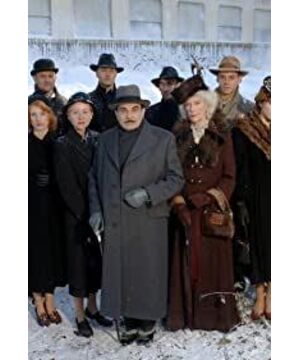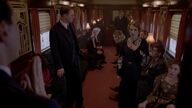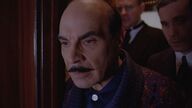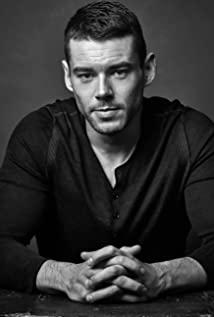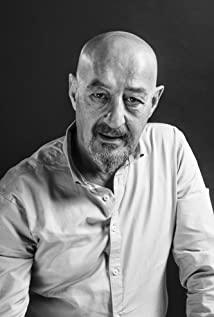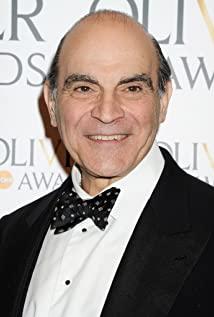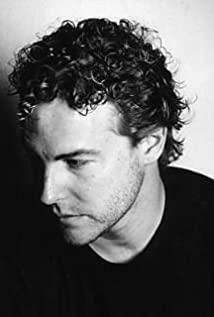Speaking of Agatha Christie, to me, it's a long story.
I have loved to read detective suspense and horror literature since I was a child. The first time I knew Agatha Christie was when I watched "The Massacre on the Nile" on the Movie Channel. At that time, I should be in elementary school, maybe 4th or 5th grade. The 1978 version of "Ni" is an eternal classic in terms of actors, acting skills, and dubbing. At that time, I had never heard the name Agatha Christie at all. I only knew that the movie was about a detective story, and the background was set in Egypt, which I loved so much, so I watched it with great joy and became a diehard fan of Grandma. When I was young and rare, I was convinced by his exquisite murder strategy. It was hard to imagine that I could have such a wonderful idea. When I watched Sherlock Holmes later, I felt that I couldn't compare to Poirot, no matter from the wonderful level of the story or from the perspective. The portrayal of the characters, even if Holmes is so famous, the first detective in my heart will always be Poirot.
The '78 version of "Murder on the Nile" was played by Peter Ustino as Poirot, the fat, lovely and kindly humorous image was completely rooted in people's hearts, maybe because it was the first "Poirot" I saw , and he did so well that I couldn't accept Poirot played by 2 other actors for a long time. Of course, this is the first impression effect. In fact, it seems that David Suchet's Poirot should be the version that is closest to the original image, with the best performance and the most popular version (of course, the large number of works also plays a key role.) ).
So I recently re-watched David Suchet's "Murder on the Orient Express" by accident. Compared with the previous movie version, I feel that this drama in 2010 touched my heart more. When I was young, I watched a wonderful and lively movie, the story was interesting, the actors were beautiful, and the acting was full of drama. . This time, when I watched the 10th edition of "East", the most impressive thing was the psychological description of Poirot.
When he acted in this play, David Suchet should have been quite old, and the sense of vicissitudes on his face was very obvious, so the atmosphere of the whole film was actually very depressing, and there was absolutely no sense of relaxed entertainment presented in the film. At this time, Poirot, played by David, has a kind of sullen feeling all over his body. I don't know if he did it deliberately. He wanted to show that Poirot in his old age was tired of watching the sinister and intriguing drama of human nature. depression and slump. Whether it is intentional or not, I think it is very successful. An old man who is used to seeing all kinds of intrigues and tricks in the world can no longer have a spirit of optimism and optimism. The mental pressure and suffering he bears are too much. Much too heavy. At this time, Poirot no longer had the genial smile and confident arrogance of his youth, and replaced it with quiet eyes and a frown.
Movies and TV shows are treated very differently. At the end, when Poirot chooses whether to hide the truth or tell the truth, the film handles it very lightly and plainly. The "Poirot" in the film chooses to hide the truth without much hesitation, because it is a "reasonable" The choice of "Should" is also the choice of "Everyone is happy". When "Poirot" in the movie made this decision, he did not let the audience feel that he had struggled, struggled and had a hard time making a choice, but the TV series handled this conflict very intensely. His values and sense of morality are vividly displayed, and even in the face of threats to his own life, he insists on his inner justice. Therefore, Poirot's choice of concealing the truth was actually very painful. He thought hard for a night, during which the statue of Jesus never left. He was relying on his faith, but he was also betraying his faith. After he lied to the police, the director gave him a large close-up of his face, with a solemn expression, wide eyes, and a slight tremor all over his body to show that he was trying his best to suppress pain and anger. He was angry that he finally chose to lie, but he also suffered because he knew that no matter what choice he made, it would bring harm. He couldn't bear to see good people suffer, but he couldn't approve of their actions either. The big feature at the end of the play vividly presents Poirot's inner world!
The three actors who played Detective Poirot have all passed away, and film and television works about Agatha are still emerging one after another. But the classics in the hearts of the audience are difficult to surpass. It will not be long before that unforgettable Hercule Poirot will appear again.
View more about Murder on the Orient Express reviews


